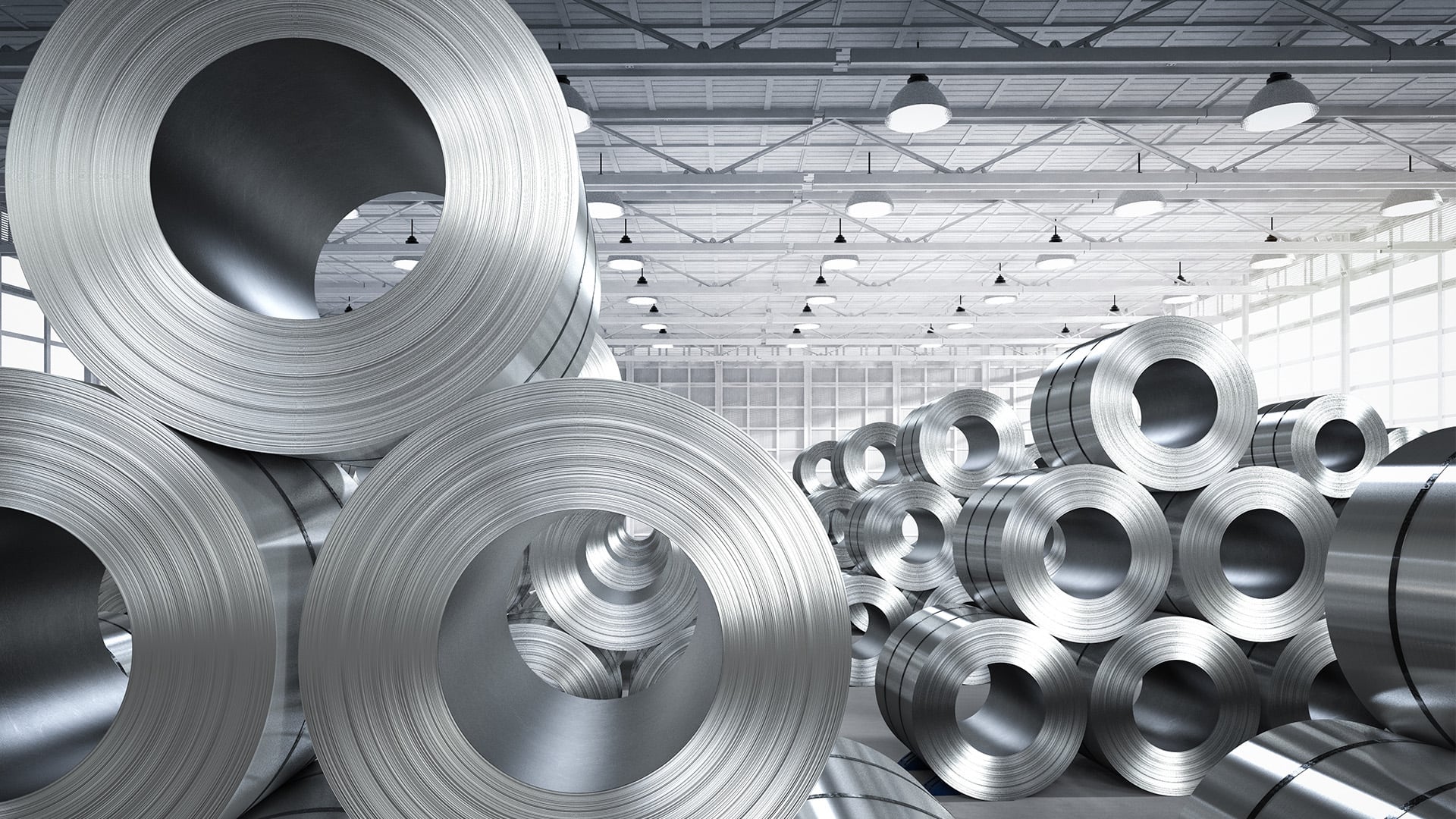304-grade stainless steel contains 18-20% chromium and 8-10.5% nickel, which imparts its stainless properties. Additionally, 304 stainless steel has a low carbon content, making it weldable. Consequently, it is frequently used in health-related applications such as food processing equipment, kitchen tools, and drinking water systems.
304-grade stainless steel is considered a safe material for health. It does not release harmful chemicals or substances when in contact with food or drinking water. Therefore, it is preferred as a safe option for food processing and preparation equipment.
However, it is essential to pay attention to the cleanliness and maintenance of stainless steel products. Without proper cleaning and maintenance, bacteria and dirt can accumulate, posing health risks. Therefore, regular cleaning and maintenance of stainless steel products are important.
In conclusion, 304-grade stainless steel is considered a safe material and can be used with confidence in many health-related applications.
